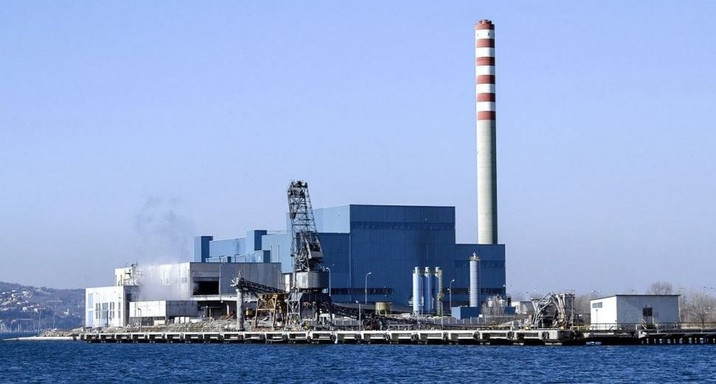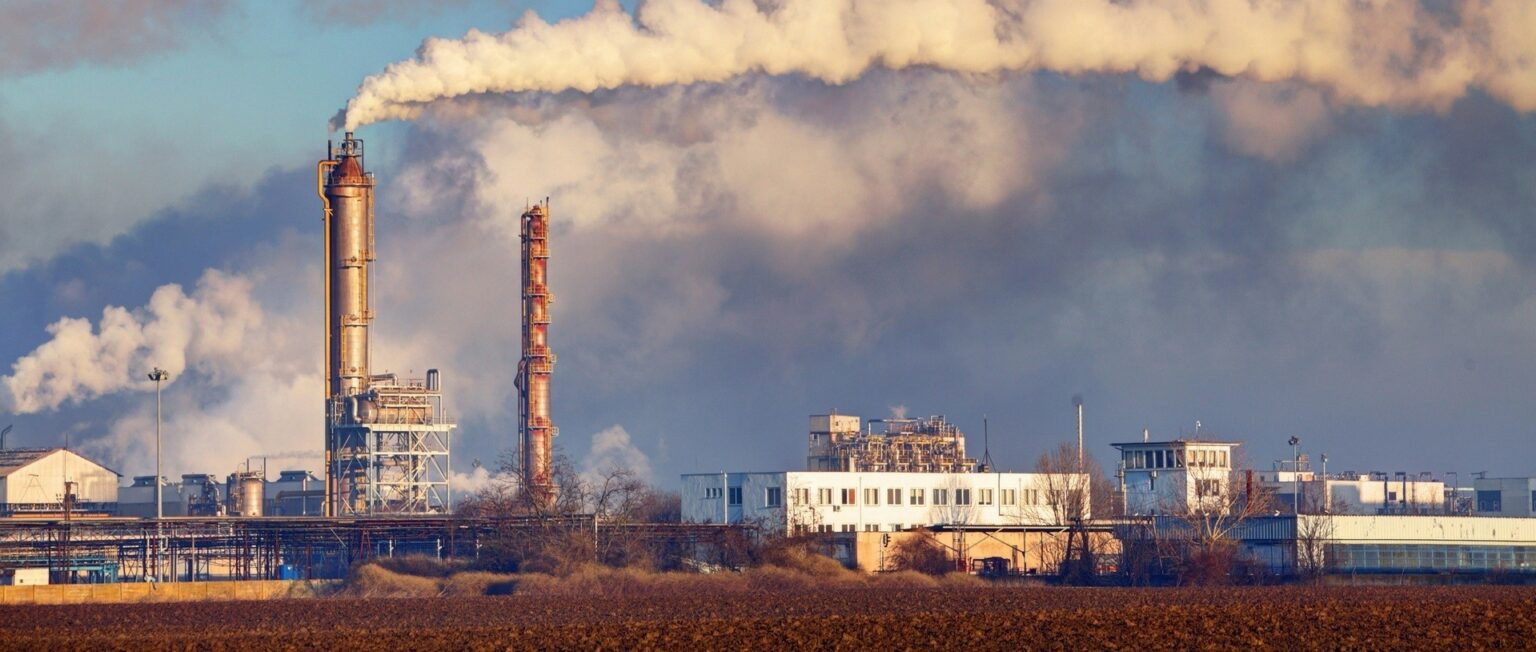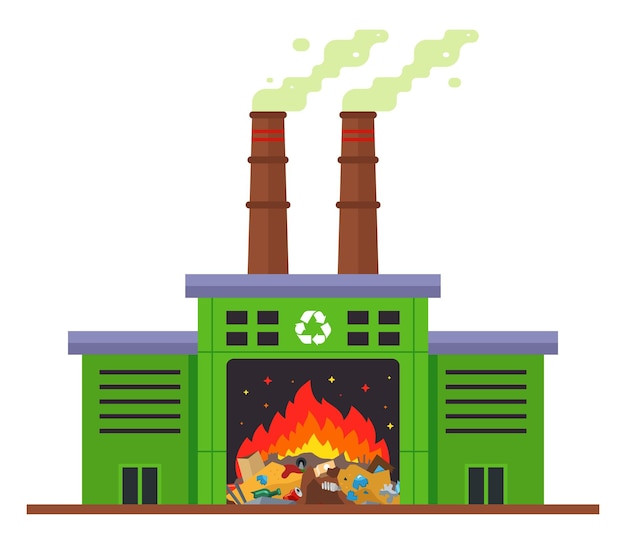A Booming Market Driven by Urbanization and Environmental Concerns
The global waste incineration plants market is poised for significant growth in the coming years, driven by a confluence of factors, including rising urbanization, stricter environmental regulations, and an increasing focus on sustainable waste management practices. This surge is driven by the need for effective waste handling solutions, particularly in densely populated urban areas, where landfill space is dwindling, and environmental concerns are paramount. In 2023, the global waste incineration plants market was valued at USD 72.95 billion. This figure is projected to reach USD 133.07 billion by 2031, representing a compound annual growth rate (CAGR) of 7.80% during the forecast period.
The Role of Waste-to-Energy Technology
At the heart of this growth is the rise of waste-to-energy (WtE) technology, which offers a sustainable solution to the problem of waste management while simultaneously generating energy. Governments and industries are increasingly embracing this technology, as it aligns with the growing global push for sustainable and efficient energy solutions. WtE plants, which use incineration as a core process, are becoming a critical part of the circular economy, minimizing waste going to landfills and recovering valuable resources. This approach addresses several pressing challenges, including waste management, energy production, and resource recovery.
Key Drivers of the Waste Incineration Plants Market
Several factors are driving the growth of the waste incineration plants market:
-
Rising Urbanization: As the global population continues to shift towards urban centers, the demand for effective waste management solutions increases dramatically. Cities are facing a critical need to manage the escalating volume of waste efficiently, and incineration offers a viable solution.
-
Stricter Environmental Regulations: Governments worldwide are imposing stricter regulations to reduce landfill usage and promote sustainable waste management practices. These regulations incentivize industries and municipalities to invest in incineration facilities, ensuring environmentally responsible waste disposal.
-
Limited Landfill Space: As landfills reach capacity, the need for alternative waste management methods intensifies. Incineration emerges as a critical solution, enabling volume reduction and energy recovery from waste, offering a more sustainable option than landfills.
-
Growing Energy Demand: The global demand for energy continues to rise, creating a need for alternative energy sources. Waste-to-energy plants provide a sustainable and reliable way to generate electricity and heat, contributing to a more diverse energy mix.
-
Technological Advancements: Incineration technology is constantly evolving, with advancements in emissions control, waste segregation, and process optimization leading to more efficient and environmentally friendly plants. These advancements enhance the sustainability and economic viability of incineration, further driving market demand.
European Dominance in the Waste Incineration Market
Europe is a global leader in the waste incineration market, fueled by a combination of factors, including stringent environmental regulations, high population density, and strategic policy shifts. The European Union (EU) has set ambitious targets for recycling and waste management, aiming to reduce reliance on landfills and enhance resource recovery. The Circular Economy Package, which sets targets for recycling rates, further reinforces the trend toward sustainable waste management practices. European countries like Germany, the United Kingdom, France, Italy, the Netherlands, and Sweden collectively account for a significant portion of the EU's incineration capacity, reflecting the region's reliance on incineration as a primary method for waste treatment. This trend is driven by high population densities and limited land availability for waste disposal.
The Future of Waste Incineration: A Sustainable Path
The global waste incineration plants market is poised for continued growth, driven by the increasing demand for sustainable waste management solutions and energy production. The trend towards urbanization, coupled with stricter environmental regulations, is creating a favorable environment for the adoption of waste-to-energy technologies. As the world seeks to reduce its reliance on fossil fuels and embrace a more sustainable future, waste incineration is likely to play an increasingly important role in the global energy landscape.
Looking Ahead: A New Era of Waste Management
The future of waste incineration holds immense promise. As the world continues to grapple with the challenges of waste management and energy production, the role of incineration is likely to expand, driven by technological advancements, stricter regulations, and the increasing demand for sustainable solutions. The integration of incineration with other technologies, such as energy recovery systems and advanced waste segregation techniques, will further enhance the efficiency and sustainability of this process. With a focus on innovation, collaboration, and a commitment to environmental responsibility, the waste incineration industry is poised to contribute significantly to a cleaner, more sustainable future.



















